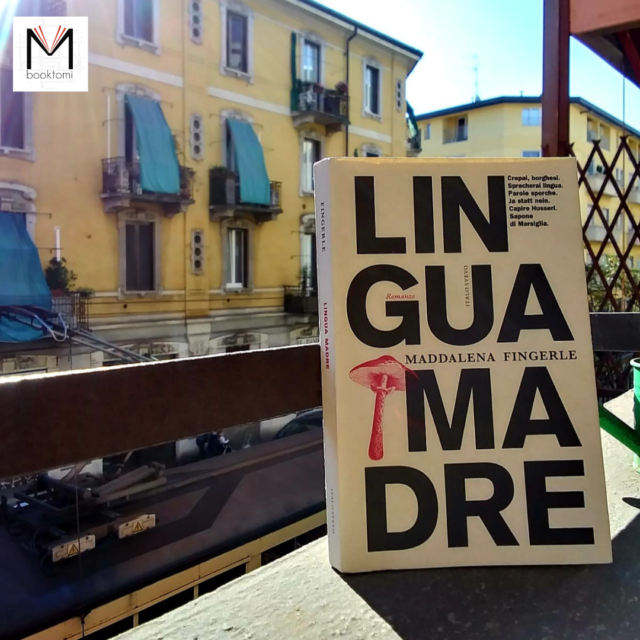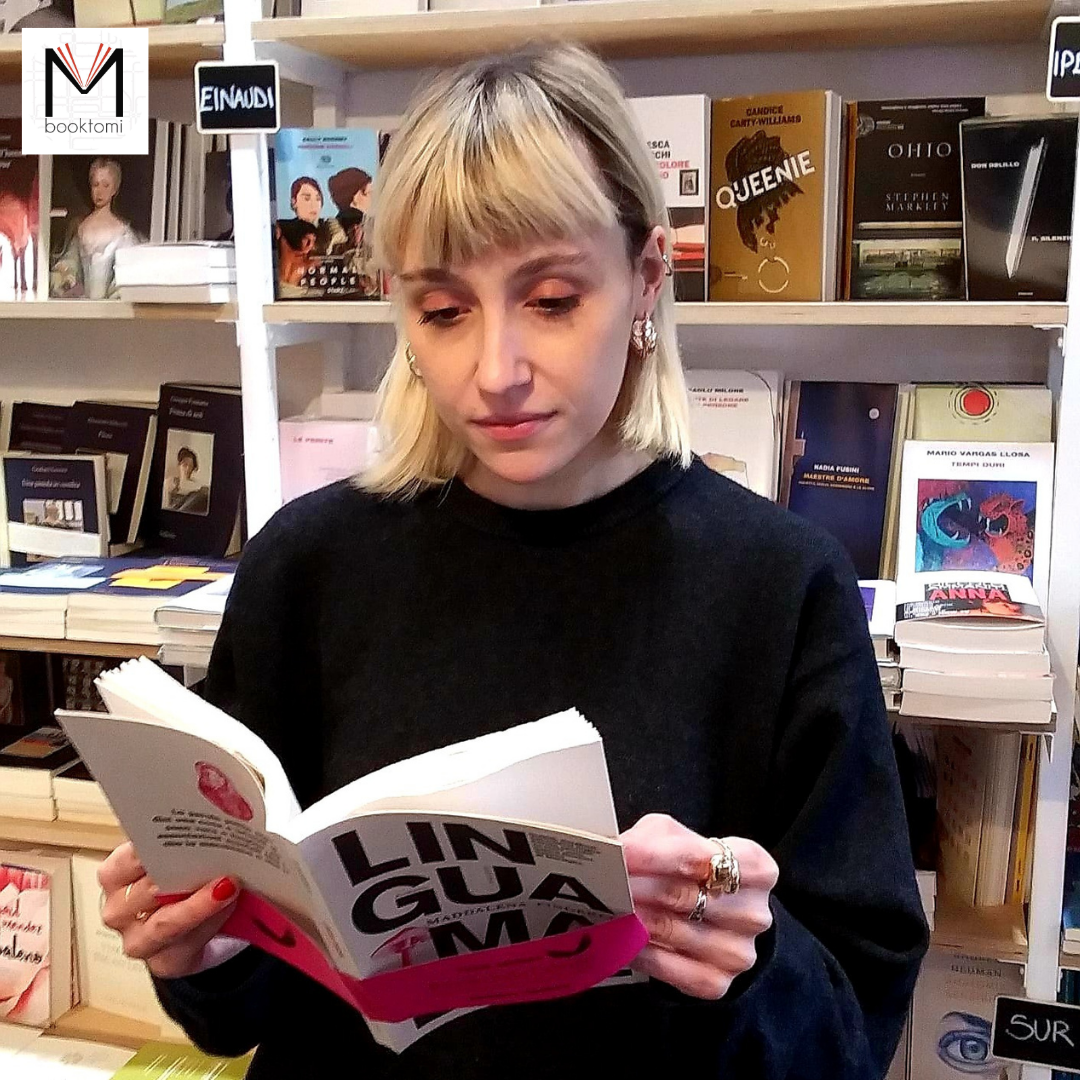THE FIRST REVIEW OF THE MONTH WILL BE
DEDICATED TO THE NEW VOICE: “MONDAY DI-VERSO”
“Es regnet so stark und es ist so schön, wenn es so stark regnet.”
Dirty words.
Clean words.
What can a word dirty? A word is a construction of sounds, associations, meanings. It has its own physical consistency, a different flavor for each mouth. There is a love for words that not everyone understands because not everyone is used to living in them rather than using them. Those who choose to live in them turn them around in their minds and hearts so that they are precise, exact, so that they do not betray their intrinsic beauty. “Shit” can be an exact and beautiful word if it is not soiled by hypocrisy, by respectability, by fears. Our very personal vocabulary builds us on an identity level in a more significant way the more we know how to take care of the words that constitute it.
Paul’s words continue to be dirty. His mother dirties them with her expectations, demands, judgments; his sister dirties them with malice, superficiality, misunderstandings; his city, Bolzano, which does not seem to recognize itself in a single soul, which is scattered in dialects, in distortions, in arbitrary discrimination, dirties them to him. His father does not dirty them, who does not speak, but leaves him alone to face all the stains.
A clean word is one that says exactly what it means and the family lexicon sticks too much history, too much pain on the words to stay clean. And then Paolo runs away, not in another country, but in another language, a land of potentially uncontaminated meanings. He leaves his only friend, Jan, what remains of his family, leaves the fascist aesthetics that also fascinated him, leaves the Catinaccio (which becomes Rosengarten only at sunset), leaves the linguistic self-declaration, the “good job” and the good Education. He ends up in a Berlin library, in the clean silence of those who do not expect from him appropriate grades, appropriate attitudes, appropriate (but dirty) words. In this silence – not negative but generative – Paul has the space to reconcile himself with his words, leave them free and give them, as one gives a flower or a love.
One wonders if the pain can melt away by changing its name. Will the rain be purer if we call it “regen”? If those who love us stop gluing other meanings to our helpless words, can we hope for a metamorphosis of emotions? Or must we learn ourselves to find the right words for the meaning of things that eludes us and terrifies us? Thinking that a word can be clean even if it brings us bewilderment and loss, indeed, precisely for this reason. Paolo has the crystalline intuition of this from the very beginning of his life. Yet he has to go through death, flight and return to be convinced. There is the word “mother” but there is also the word “mother”, “pain” is no less clean than “love”.
In an interview with Milan Kundera, the writer lists his key-words, problem-words, love-words. Each of us has his own and if the protagonist’s obsession slips into the morbid, we can equally strive to clean our words and restore to them the transparency that is so often lacking in the daily life of our interactions. Transparent does not mean easy, yet we see a necessary urgency in this reading, to recover part of the lost transparency. It just seems worth it.
____________________________________________________________________________________________________
Maddalena Fingerle, Native language, Italo Svevo, Trieste-Roma, 2021




